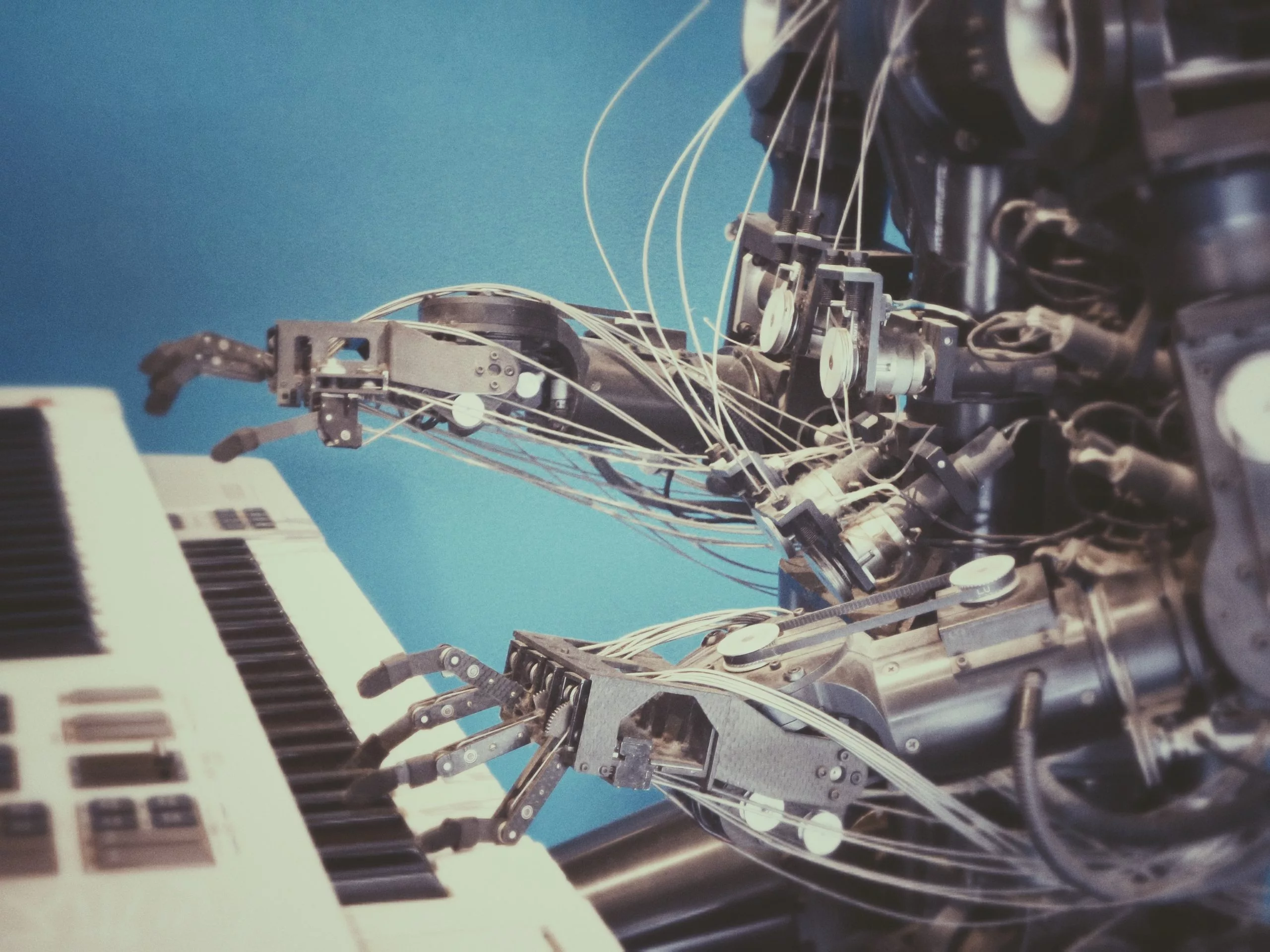Artificial intelligence has already created multiple opportunities to automate complex tasks and thus, cut down on the number of costs while boosting the quality of the production. However, one wouldn’t be that happy if somebody told them such automation might negatively influence the future of work in general.
There is zero doubt that artificial intelligence will affect the future of work, and not necessarily in an adverse way. Here are some of the ways in which automation might influence the future of work.
Artificial intelligence will define new characteristics of work
There is a misconception that artificial intelligence and automation indeed lead to fewer people employed. In fact, the human factor might matter even more than it did before the years of automation and artificial intelligence. More people are likely to become engaged in the service sector to maintain artificial intelligence. That is why the work will get a more humane image.
Other essential characteristics, such as openness, care, and distribution, will also matter even more in the age of artificial intelligence.
New tasks instead of old ones
Artificial intelligence can undeniably replace old, standardized tasks with new, more applicable ones. To dig deeper, machines are likely to do all the necessary repetitive tasks. Doing so allows workers to focus on another area or simply perform another bunch of tasks. Leaving obsolete but requisite tasks for a machine can be a significant benefit for the future of work. Just because one can leave out all the routinized functions, he or she can save much time and focus on new, innovative activities. This is the way artificial intelligence will lead to more innovation and better performance.
Machine learning
Artificial intelligence can not only work for goods production and task performing. In fact, machines can also serve as an effective learning tool. If computer systems can perform various tasks, who said that they couldn’t manage learning processes within an organization?
No matter how controversial it might sound, machines can better understand humans than humans themselves do. A machine can pick up a personalized learning program as well as communicate with the learner in his or her native language. And as long as training and education are integral parts of a successful career path, the impact of artificial intelligence is evident.
Better quality of strategic decisions
Perhaps one of the main advantages that artificial intelligence can bring for sure is the better quality of decisions. Since both tactical and strategic decisions define the company’s chances for success, any enterprise needs to perform a thorough analysis to result in optimal decisions.
An entrepreneur usually faces the task of conducting a multicriteria analysis in order to result in a profitable business decision. Building complex models and doing all the calculations manually can be expensive and irrational at the same time. A machine, in its turn, can perform a quick analysis within a couple of seconds, no matter how complex the prior data is. So, artificial intelligence is very likely to help companies in making accurate business decisions and sustaining the business itself.
Artificial intelligence may transform some industries
In the nearest future, machines may significantly transform some industries, such as engineering and construction, healthcare, retail, and education. The effect in these industries will be relatively high due to the specific nature of industries and their great popularity. The education industry will benefit from various e-learning systems and assist students in getting a better quality education throughout the world. Regarding the healthcare industry, the technology will be useful in diagnosing, treatment, and training. Thus, artificial intelligence can popularize workplaces in specific industries and make more people willing to work there.
Better communication and better competitive advantage
Artificial intelligence can dramatically influence the competition on the market. Just because service and client relationships are fundamental for companies’ success, they all strive to retain customers and motivate their loyalty. Artificial intelligence might help by assisting service employees in maintaining communications with customers and solving their problems straight away. Since the customer’s experience and his or her feedback create value for the company, using software to manage these relationships is a condition for future success.
Summing up
It is yet complicated to jump to conclusions about whether artificial intelligence will substantially increase or decrease companies’ value. But, at this point, one can admit that artificial intelligence can change the future of work, and not necessarily in a negative way. E-learning, innovative potential, better decision making, and better competitiveness are what artificial intelligence can bring.





